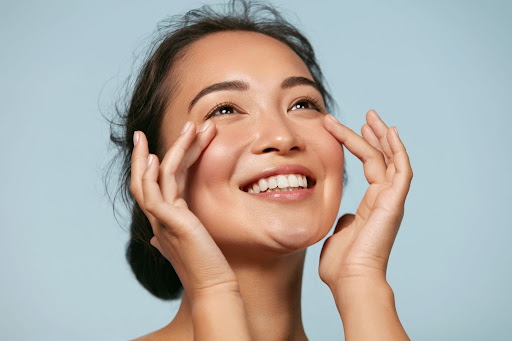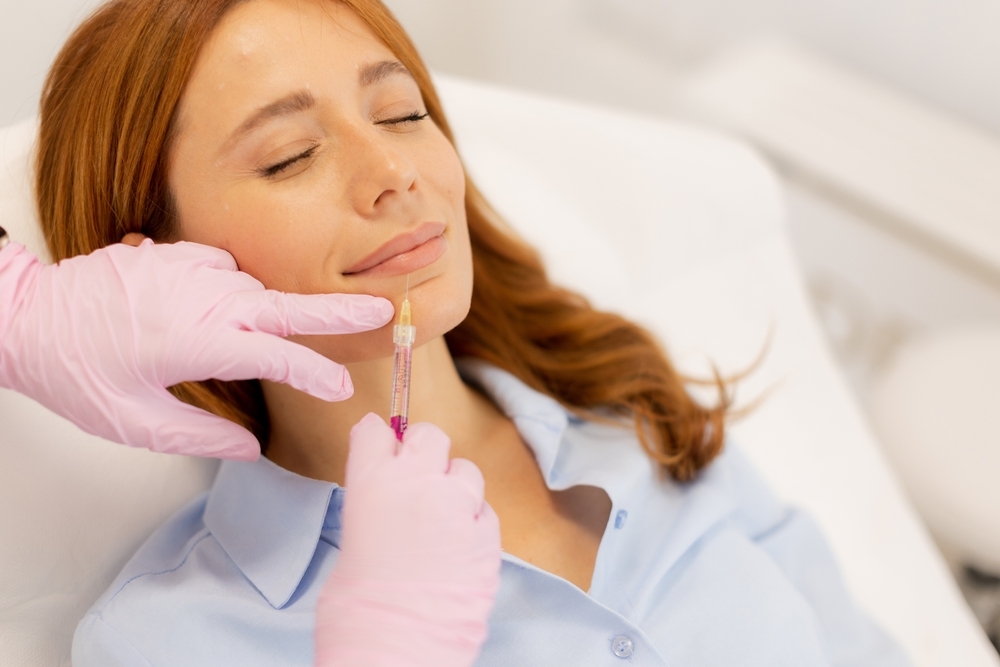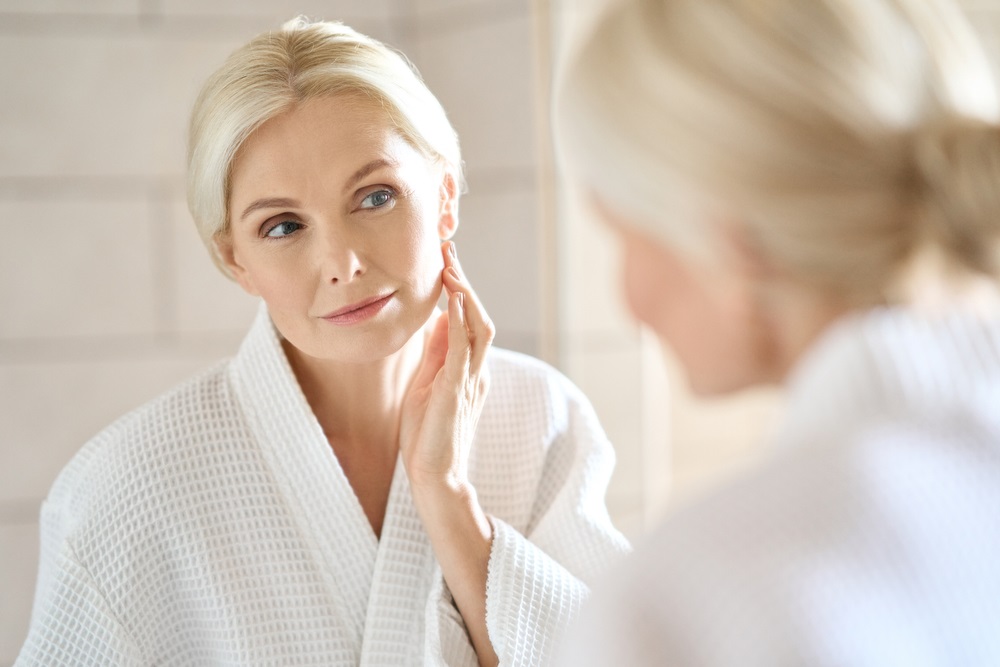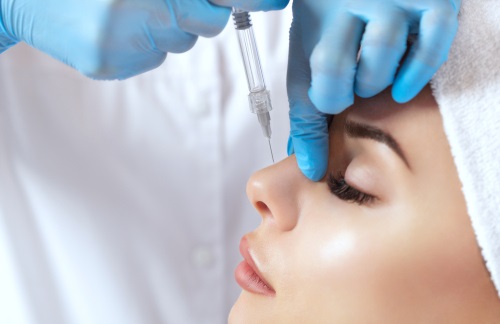The venesection was painless to say the least, thank you for using local anaesthetics; highly recommended
If you are a man who sweats more than usual — particularly in situations where excess sweating isn’t warranted — you may have a condition called hyperhidrosis. This heavy sweating may cause sweat patches to show through your clothes or visible dripping from your hands, leading to embarrassment, social anxiety and isolation.
Excessive sweating affects around two in every 100 people in the UK, so if you’re suffering from this condition, you’re not alone. Thankfully, some treatments can help with overactive sweat glands, letting you get back to living an everyday life.
What Is Hyperhidrosis?
Sweating is a normal body mechanism designed to cool you off when your body is overheated, or you are nervous. Hyperhidrosis is the medical term used to describe when this ordinary sweating becomes excessive and can’t be controlled. This can be linked to other medical conditions, such as testosterone imbalance, thyroid disorder or adrenal gland disorder, but it is often due to overactive sweat glands.
Men with hyperhidrosis may sweat excessively even when they don’t feel warm and they’re not undertaking physical activity. This type of sweating usually affects the underarms (axilla), but it is also common in the hands and feet. Uncontrollable excessive sweating in men can cause significant embarrassment in everyday life, leading to emotional stress and social avoidance. It’s essential to seek help if you are experiencing hyperhidrosis.
What Causes Excess Men’s Sweating?
If excessive sweating has no underlying medical cause, this is known as primary hyperhidrosis. In these cases, sweating isn’t triggered by a rise in temperature or physical activity, but it may be made worse by stress or anxiety. Studies also indicate that primary hyperhidrosis might be hereditary.
Secondary hyperhidrosis is less common than primary hyperhidrosis. In these cases, excessive sweating is triggered by an underlying health condition or medication. The most common of these triggers in men are:
Hyperthyroidism
This is a condition where the thyroid gland makes more thyroid hormones than the body needs. An overactive thyroid may cause sensitivity to heat and increased sweating, and other symptoms such as weight loss, fatigue, palpitations, difficulty sleeping and mood swings.
Diabetes
If you have diabetes and your blood sugar level drops too low, you may experience excessive sweating. In these cases, it’s vital to get blood sugar levels back up quickly.
Anxiety
Some types of anxiety may cause hyperhidrosis, with intense stress having the capacity to cause increased sweating. Unfortunately, hyperhidrosis can be a vicious cycle for anxiety sufferers, with worry about excessive sweating manifesting into further anxiety in some cases.
Acromegaly
Acromegaly is a hormonal disorder occurring when the pituitary gland produces too much growth hormone. This can cause hyperhidrosis and enlarged facial features, enlarged hands and feet and increased production of oil in the skin.
Infections
Hyperhidrosis may be caused by an infection, whether a viral illness that gives you a fever or a bacterial infection such as tuberculosis. If you’re sweating excessively and think you may have an infection, you must speak to your doctor and determine the underlying cause.
Obesity
Obesity is associated with an increased risk of hyperhidrosis. Obese people typically sweat more because everyday activities require more physical exertion, and they are more likely to become overheated.
Cancer
Disorders of the blood cells or bone marrow such as Hodgkin lymphoma or leukaemia may cause excessive sweating, particularly night sweats.
Medications
Certain medications can lead to excessive men’s sweating, such as some antidepressants or prescription drugs used to treat high blood pressure. If you think this may cause your hyperhidrosis, talk to your doctor and see if they can provide an alternative medicine.
While hyperhidrosis doesn’t cause physical harm to most people, it can harm their quality of life. Those suffering from excessive sweating may avoid public places, social situations or romantic relationships out of embarrassment.
How Do I Know if I Have Primary or Secondary Hyperhidrosis?
Both types of hyperhidrosis result in excessive sweating, so how do you know whether your symptoms indicate a harmless genetic condition or something more serious? Here are some signs to look out for that may suggest you have secondary hyperhidrosis and should visit your GP:
• Excessive sweating began suddenly
• Sweating occurs all over your body
• No one else in your family struggles with excessive sweating
• You’re experiencing other symptoms such as fatigue or headaches
• You suffer from night sweats or sweat excessively when eating.
How Can I Stop Myself from Excessively Sweating?
If you have primary focal hyperhidrosis, you may feel like you’ve tried everything to control your excessive sweating. When deodorants and antiperspirants fail to combat the problem, underarm fillers can be an effective form of treatment.
Botox is safe and approved for use in treating excessive sweating in the underarms by the EU and FDA (Food and Drug Administration). It works by blocking the nerves that stimulate the sweat glands. It can also treat hands and feet but may not be as effective. You will need to come into the clinic once or twice a year for Botox top-ups to maintain the results.
As a treatment for primary hyperhidrosis, Botox can last four months to a year depending on the individual. While this procedure may not be available on the NHS, we will help you get the treatment you need to help improve your quality of life.
Getting Botox is simple and safe and can be completed within 30 minutes. You can go back to your normal activities after your appointment. A topical anaesthetic cream will be offered before the procedure to minimise any discomfort. The shaving or trimming of underarm hair 12 hours before the procedure is recommended to reduce the risk of infection. Effects can take a couple of weeks to be seen, so be patient if you don’t see results right away.
If excess sweating affects your daily life and has led to emotional stress and social avoidance, it’s time to speak to your doctor about treatment. There are several treatment methods that patients can try, from prescription antiperspirants and medicines to surgery — but many of our clients get positive results using Botox as a way to stop excessive sweating.






















